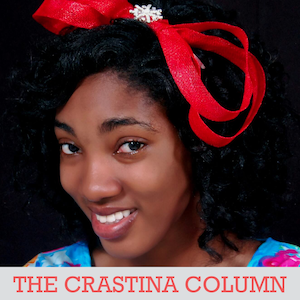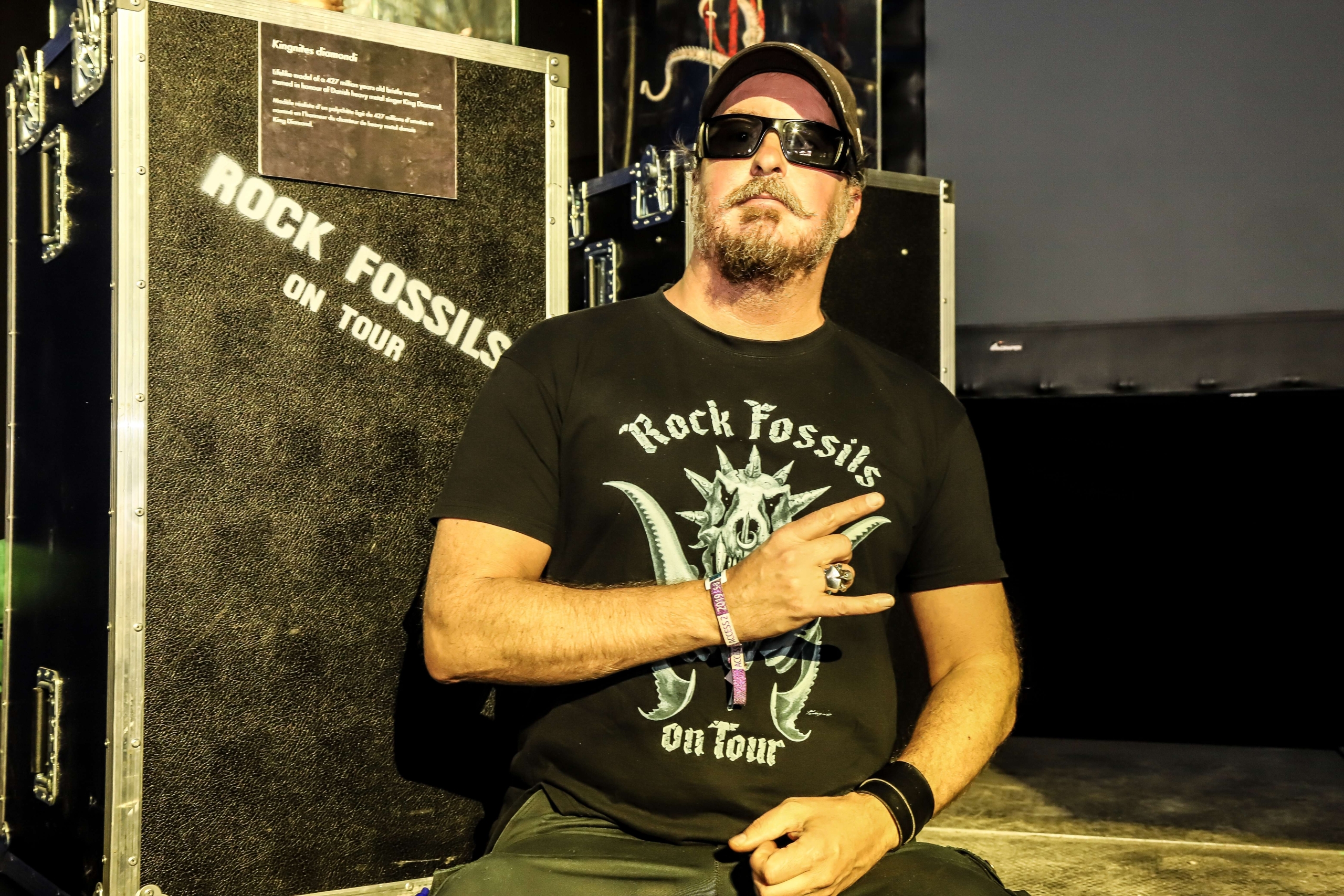Crastina is a platform for the exchange of experience, knowledge and inspiration regarding both scientific peer-to-peer communication and science dissemination
- What? An international network of (mostly young) people who love to communicate science & tech.
- Why? We think science needs to be communicated with more passion and professionalism.
- Where? On our website with interviews & resources + on social media + on Skype and IRL.
- Who? A content group (the Crew), a think tank (the Academy), + lots of friends & contacts.
- When? Right now – as a matter of fact, we’ve just geared up.
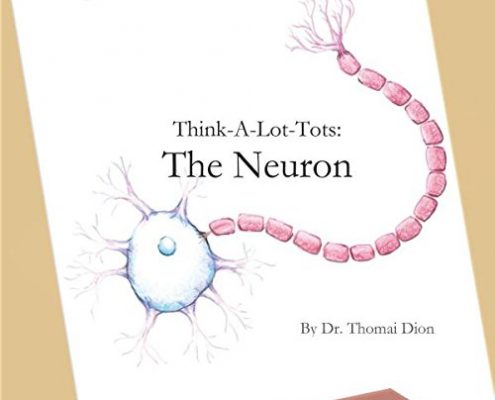
Science for babies, toddlers & kids: a reflection by Thomai Dion, writer of the Think-A-Lot-Tots books
Thomai Dion, who calls herself pharmacist, mom, author, artist and science communicator, believes it is never too early to start learning. Therefore she created the "Think-A-Lot-Tots" collection of educational children's science books. Here…
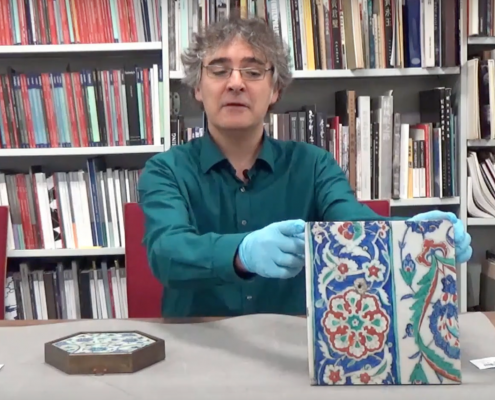
Ashmolean in Oxford produces videos about the history of mathematics
Oxford mathematics recently joined forces with the Ashmolean Museum to produce some excellent video essays on themes from the history of mathematics: Random Walks. In this interview, project leader Thomas Woolley offers a step-by-step protocol…
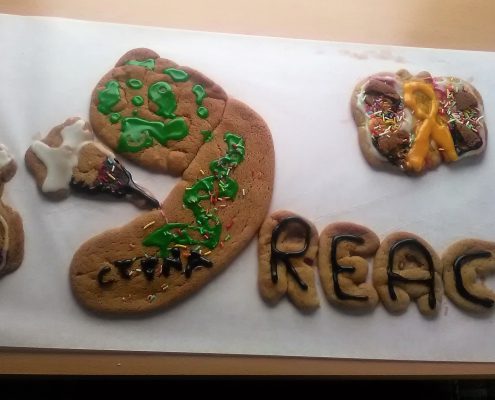
Our winner in the Science Gingerbread Competition
With her inspired creation showing circulating tumour DNA, Roxana Halstead, from REACH child cancer, Christchurch, NZ, won our Science Gingerbread competition.
So, we may not have a lot of contestants, but we still had a worthy winner in our…




